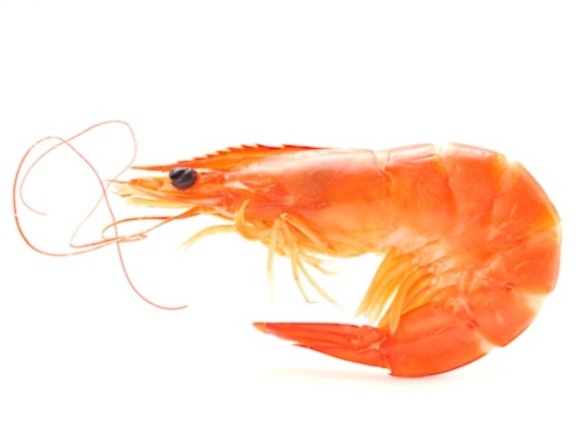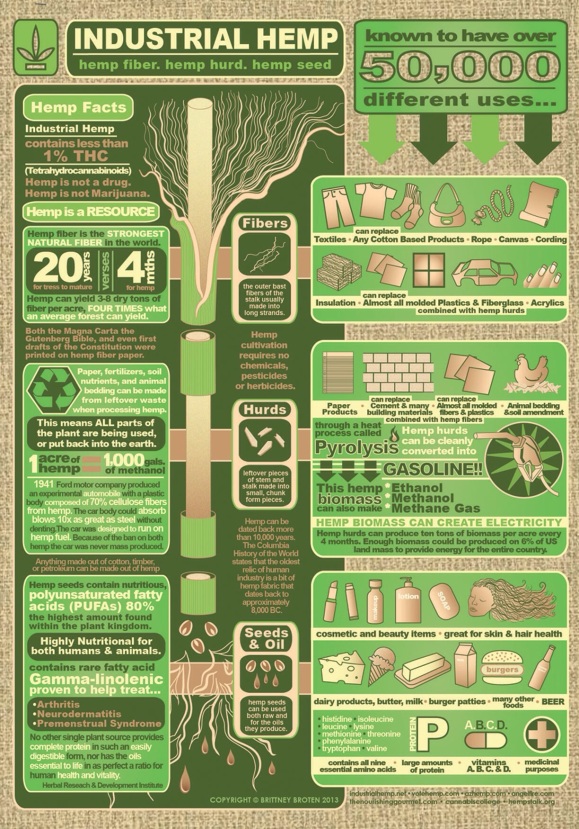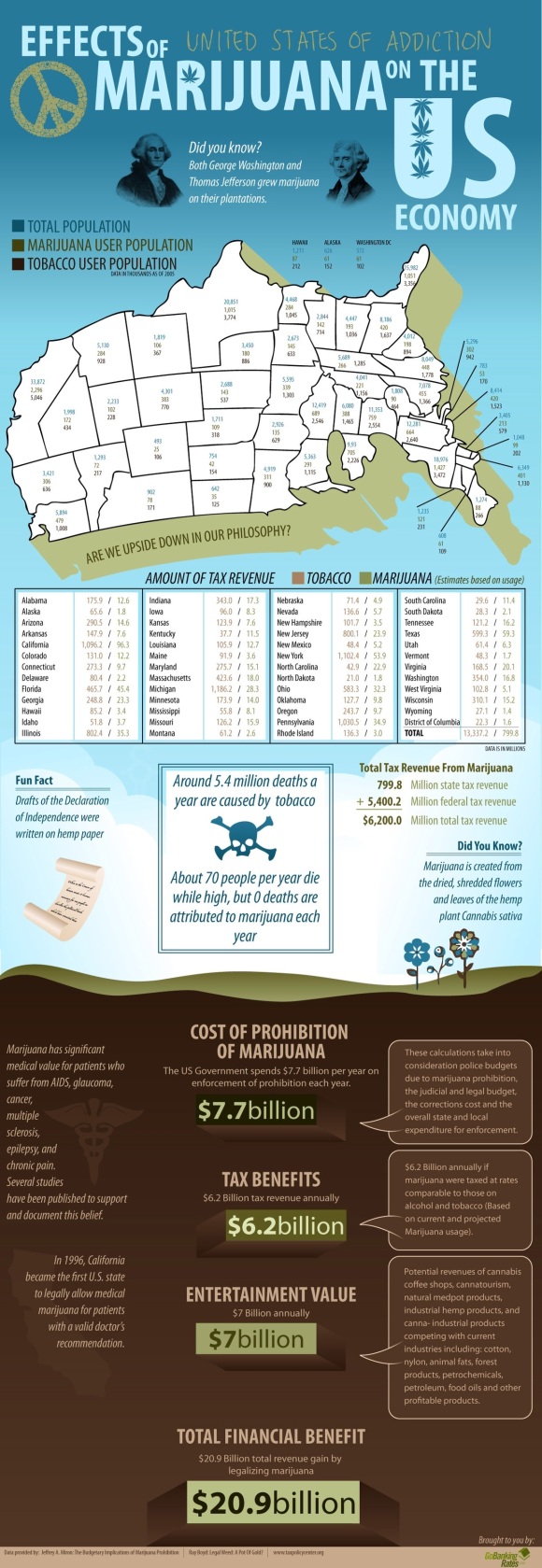
Omega-3 fatty acids are essential nutrients for health. Your body needs omega-3 fatty acids (n-3 fatty acids) for basic functions like building cell membranes in the brain and it’s also vital for metabolism.
Because your body is unable to produce omega-3s on its own, you must get them through food and supplements. An exceptionally potent source of omega-3 fatty acids is krill oil.
What Is Krill Oil?
Krill are tiny creatures from the same family as lobsters and shrimps and they’re often fished from the Antarctic Ocean. Like many of the super-healthy foods we get from the ocean, Krill oil contains high levels of the omega-3 fats DHA and EPA (Docosahexaenoic acid and Eicosapentaenoic acid, respectively).
These two fatty acids have proven to be important for cardiovascular health, optimal brain functioning and even for managing chronic inflammatory diseases. Although it’s not just presence of these fatty acids that sets Krill oil apart.
What is unique is that the biochemical composition of Krill oil means that much more DHA and EPA are absorbed by our bodies, since it is stored in a phospholipid layer instead of as triglycerides like fish oil.
Why Should We Supplement With a Fish Oil or Krill Oil?
Your body uses the omega-3s contained in both Fish oil and Krill oil for a huge variety of purposes, hence them being known as ‘Essential Fatty Acids’. However it cannot produce them on its own and it can be incredibly difficult to include the right level of fresh oily fish in your daily diet.
Krill oil doesn’t just offer benefits for the cardiovascular system though, it has an extensive list of advantages for your health.
Brain Development: Your brain is actually about 75% fat. The rapid electrical communication that occurs between brain cells is due to the effective insulation by a ‘myelin sheath’ which is supported by EPA and DHA.
Studies have shown that low levels of DHA and EPA can lead to neural impairment and also developmental problems if deficiency of omega-3 occurs very early in life. Supplementation is also known to improve cognitive functioning in young adults [1].
Cardiovascular Health: The American Heart Association and the British Heart Foundation both heavily promote the consumption of oily fish to prevent future cardiovascular problems such as heart disease and stroke.
Inflammatory processes in our arteries lead to atherosclerosis – the life-threatening, hardening and narrowing of our blood vessels – and omega-3s are well known to oppose this process. Their anti-inflammatory, anti-hypertensive and insulin-sensitizing effects make them invaluable in a society where many would otherwise go on to develop cardiovascular disease [2].
Chronic Disease Remission: There are also numerous studies finding that the anti-inflammatory properties of these fatty acids are effective in the management of chronic inflammatory conditions such as joint pain, inflammatory bowel disease, vasculitis and psoriasis.
Mental Health: Considering the importance of omega-3 fatty acids for normal brain structure and functioning, it’s hardly surprising that there’s a wealth of studies suggesting that supplementation of DHA and EPA may be helpful in depression, anxiety, ADHD, Bipolar and Schizophrenia [3].
Although it’s not just disease prevention and limitation that omega-3s are useful for. Fitness enthusiasts have long been aware of the aesthetic benefits too. Weight loss, increased lean muscle mass and alleviation of joint pain to enable more training sessions are also commonly reported bonuses.
What Makes Krill Oil Superior to Fish Oil?
Studies have shown that Krill oil is preferable to fish oil because it leads to much higher levels of EPA and DHA in the blood compared to fish oil [4, 5]. Standard Krill oil can have 40% less omega-3s in it than fish oil, but despite this will still yield a greater effective dose, detectable in the blood stream. This is due to the composition of the fatty acids, which exist as a bi-polar phospholipid.
This property means that it is not purely hydrophobic, unlike many oils such as fish oil (which have a triglyceride structure), and can therefore form small globules when mixed with water which leads to much greater absorption. Fish oils can’t form these smaller globules on its own and will therefore initially pool together on top of water and thus be less effectively absorbed.
Krill oil – unlike fish oil – also contains additional naturally occurring substances, such as astaxanthin, that has health benefits of its own.
What is Astaxanthin?
Astaxanthin is one of the most potent antioxidants known and it occurs naturally in Krill oil.
This anti-oxidant not only protects the oil itself from becoming oxidized and thus spoilt more easily but it can have profound effects on our health too. It has anti-inflammatory and anti-oxidant activity that complements the effects of omega-3s in our body, offering further protection from certain cancers and cardiovascular disease.
Natural Stacks Antarctic Krill Oil contains a huge 1.5mg of astaxanthin per serving, which is several times more than many other companies provide. In fact, most companies don’t even label the amount of astaxanthin for their products, so one can only assume these products contain a much lower dose than is desirable.
Recommended Routine
Krill oil should be taken regularly at a dose of 300mg omega-3 (from DHA and EPA), two times daily. Many manufacturers will sell much lower doses than this, so it’s important to check the label to be certain a product contains an adequate dosage.
Based on the ingredients, there aren’t any reasons to worry about toxicity. However the data on is insufficient to accurately state what an upper limit of consumption should be and this would vary between people depending on factors such as age, gender and weight.
As with many health supplements, Krill oil may interact with medications. Omega-3s can have a minor blood thinning effect and so anyone with a known clotting condition or on warfarin therapy should consult advice from a physician.






